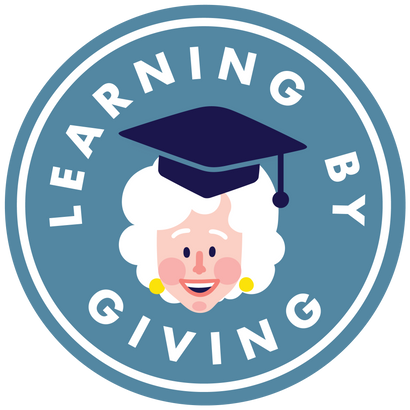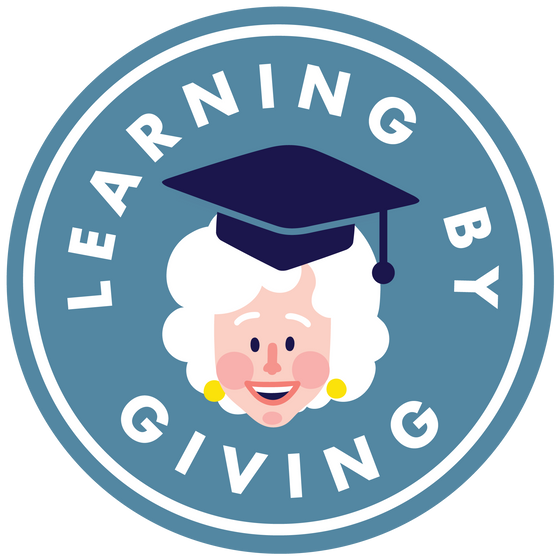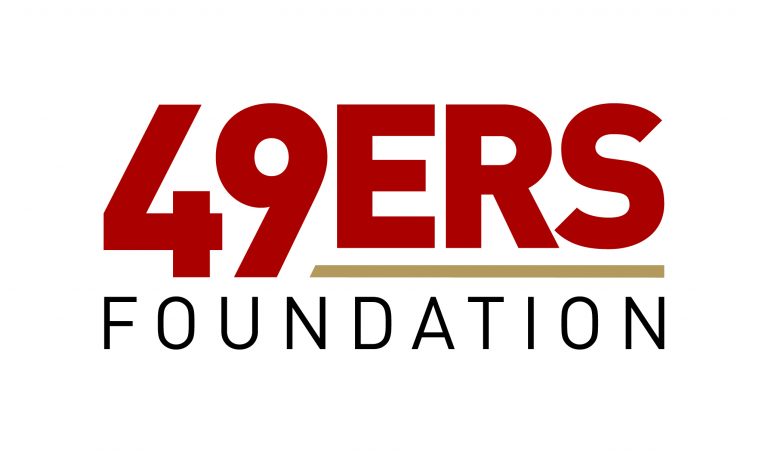Unprecedented Times Call for Unprecedented Measures
We asked our students about how they've seen philanthropy respond to the coronavirus pandemic. Maddie Didier is a student at the University of Wisconsin Green Bay. Here's her response.
The Coronavirus Disease 2019 (COVID-19) has thrown a wrench into things (and a massive wrench at that). Individuals, regardless of their race, origin, age or gender, across the globe are being impacted by the novel virus. As of March 25, Wisconsin has had 585 confirmed cases. Thankfully, countless doctors, nurses, and first responders have demonstrated heroic sacrifices––they have given up time with loved ones, self-care, and their own personal safety to fight the disease. Their personal and professional sacrifices do not go unnoticed.
Luckily, the nonprofit sector has too responded to COVID-19. The Greater Green Bay Community Foundation, for instance, has collaborated with regional funders in order to provide affected nonprofit organizations with emergency relief funds. Other nonprofit organizations, such as Howe Community Resource Center, have demonstrated creativity and ingenuity. Many of Brown County's families rely on the Center for food; however, the Center was not exempt from the mandatory shut-down. As a result, with the help of several volunteers, the Center packed hundreds of food bags. It is so very clear––philanthropy has shifted from business as usual to being bold and innovative.
During these trying times, we must act as responsible and responsive philanthropists. Many fundraising events will be cancelled; in fact, 44 percent of nonprofits have no plans to mitigate losses from cancelled fundraising events! Therefore, nonprofit organizations need us now more than ever. But, how can we help? First and foremost, donors should focus less on overhead and more on capacity building. Come summertime, (but hopefully sooner!) nonprofit organizations will heavily depend on grantmakers. By removing arbitrary limits on nonprofit overhead, grantmakers can strengthen organizations.
Additionally, average citizens, such as you and me, can make a difference by donating to a local relief fund. Numerous nonprofit foundations, including the Seattle Foundation, have created response funds. By supporting these response funds or your local response fund, we can lessen the immediate, mid- and long-term effects of COVID-19.
Lastly, our class could join the Council on Foundations' Call to Action. In doing so, our class would make the $10,000 as unrestricted as possible. Furthermore, our class would right-size our expectations. For instance, we could lessen the application requirements or reduce site visits. Brown County's youth mental health is extremely important; however, COVID-19 poses even greater risks. Therefore, if our class followed the Council on Foundation's Call to Action, then we could contribute to community-based emergency relief funds––unprecedented times call for unprecedented measures.





